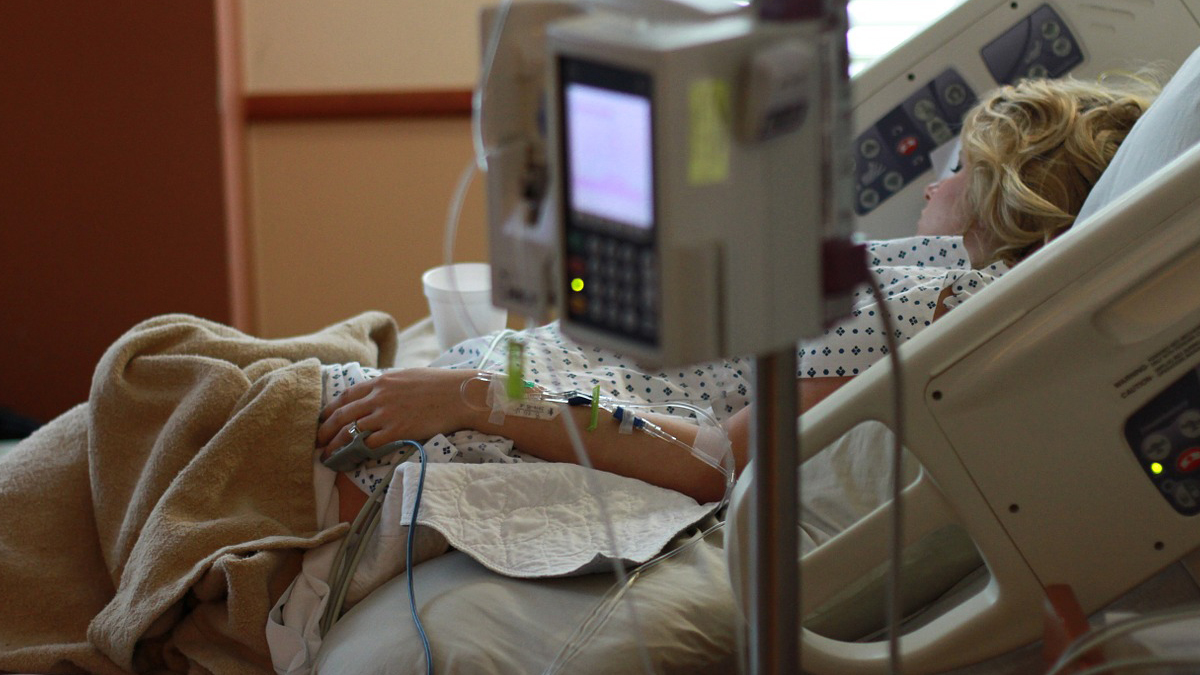A recent pilot study conducted by Johns Hopkins Medicine may show promise mitigating the long-term health complications of those living with HIV by using a drug that inhibits a protein involved in cholesterol metabolism.
The drug used in the study inhibits the PCSK9 protein, according to a release on the Johns Hopkins Medicine website. The pilot study was conducted with 30 participants who are either living with HIV or have high levels of cholesterol – both of which have elevated levels of PCSK9.
While advances in treatment have reduced the likelihood someone with HIV will die from the virus, those living with the virus can still have elevated risk for cardiovascular disease resulting from chronic inflammation related to the virus, according to the release. Thus they have an increased risk of dying from cardiovascular disease than the general population.
“We hypothesized that PCSK9 mediates an inflammatory response that impairs vascular function in addition to its effects on cholesterol metabolism, and we tested this idea with the protein’s inhibitor to learn whether it could help people who have impaired blood vessel function,” Thorsten M. Leucker, M.D., Ph.D., said in the release. Leucker is the lead author of the study and an assistant professor of medicine at the Johns Hopkins University School of Medicine.
At the end of six weeks, the study indicated that the 19 participants with HIV had a 7.9% increase in coronary artery area and a 10.1% increase in blood flow.
“We were surprised that this worked so well, but also heartened that there may be a way we can improve blood vessel function in those with increased inflammation,” Leucker said.
Researchers indicated that additional study is needed with larger participant numbers and longer study duration.











 Alerts Sign-up
Alerts Sign-up